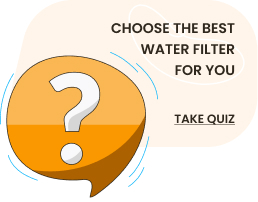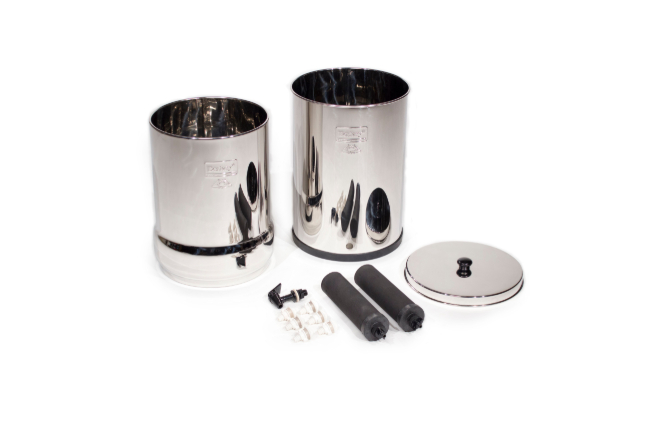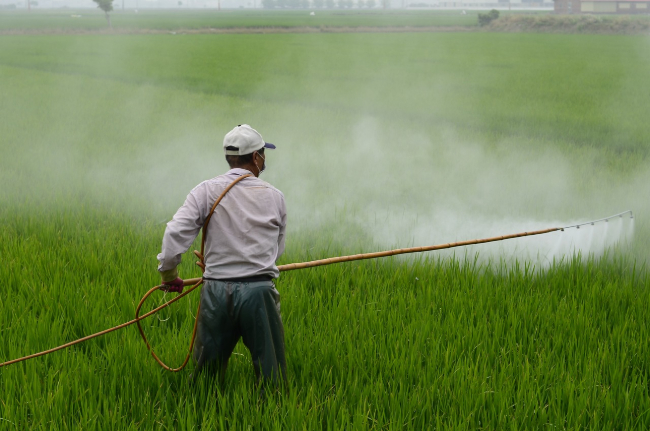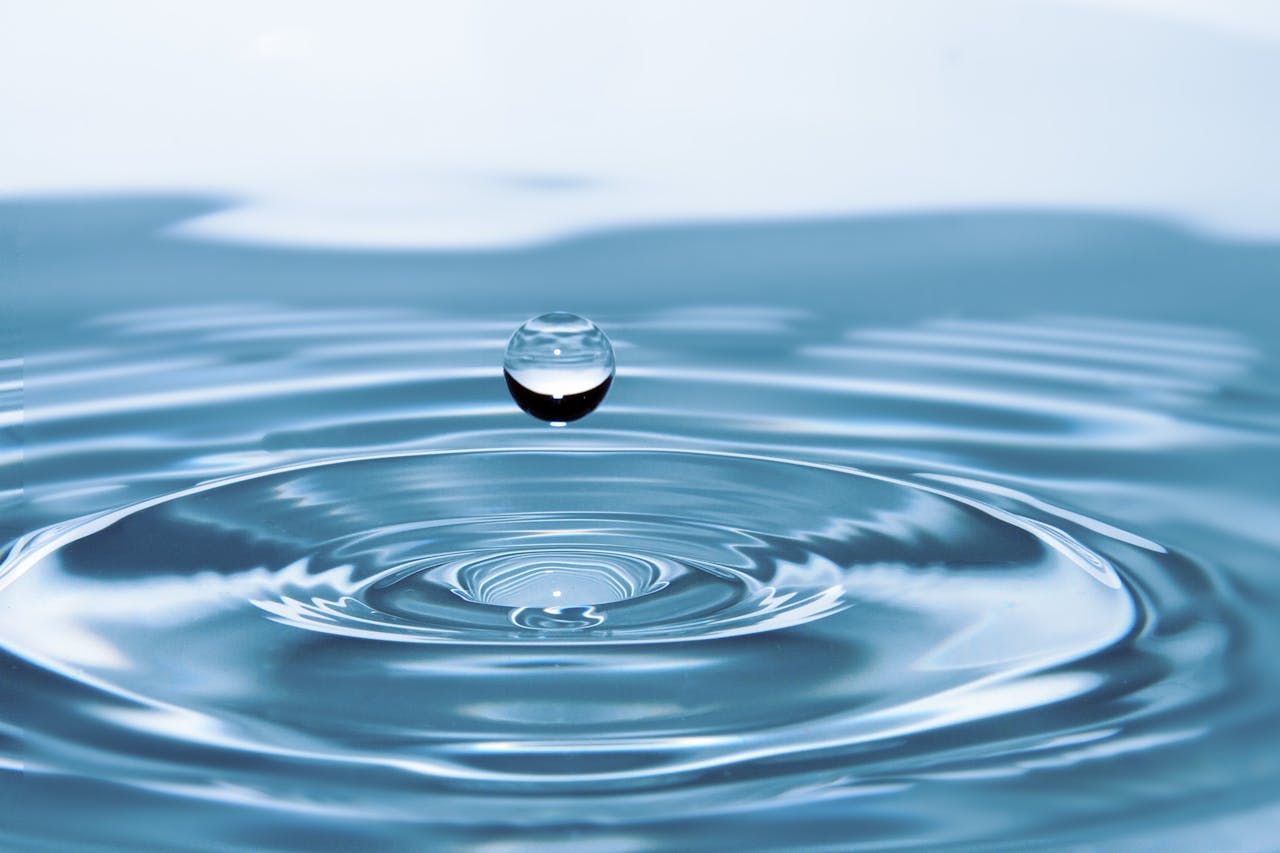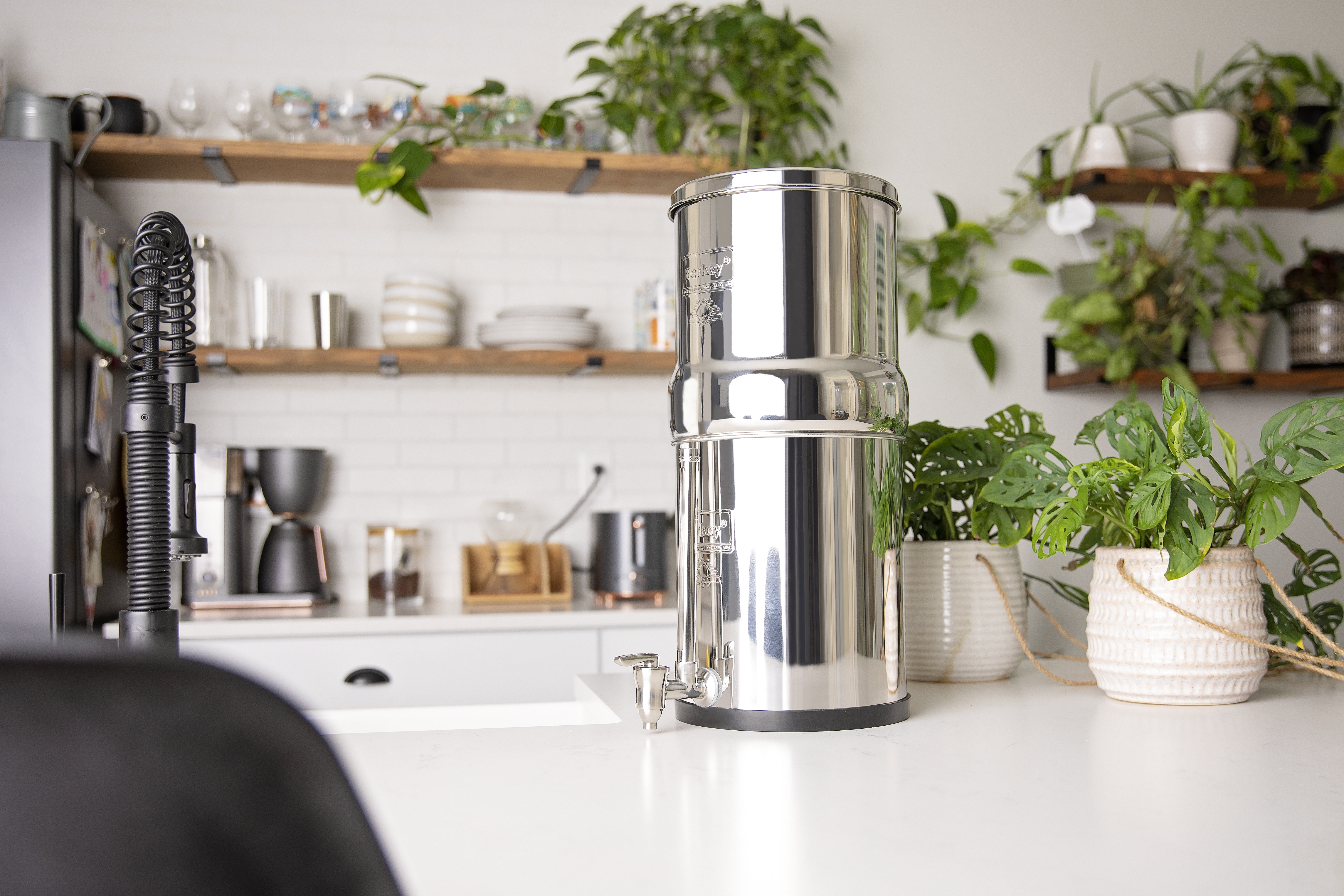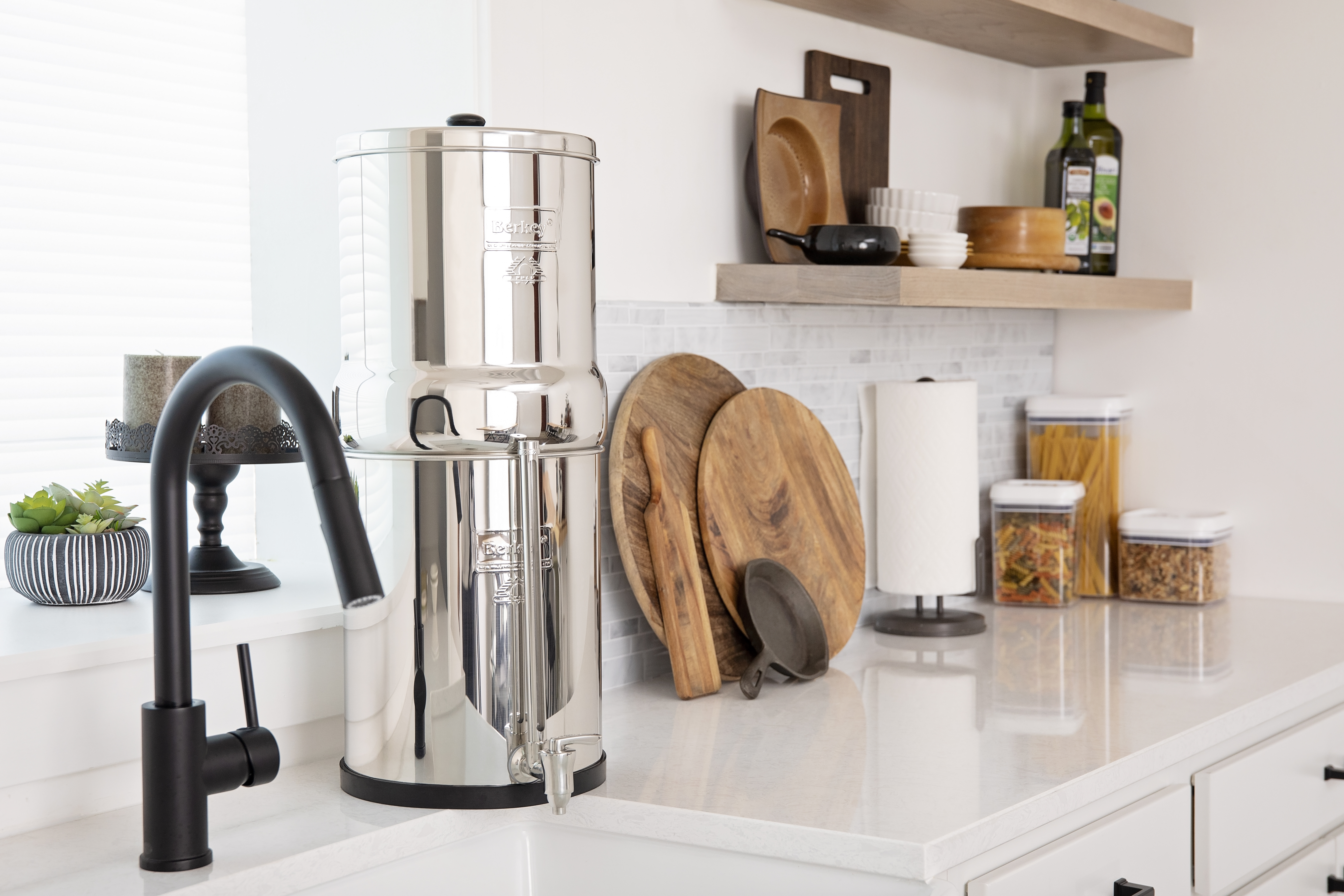We all hear that filtering water is good for you... But why, exactly?
Today, we'll give you not one but seven convincing answers to this question!
In this article, you'll learn that:
- Why is it Important to Filter Water
- 1. Water Purification Prevents the Spread of Waterborne Disease
- 2. Filtering Drinking Water Removes Harmful Contaminants
- 3. Filtering Tap Water Reduces Chlorine and Its Byproducts
- 4. Filtration Improves Taste and Eliminates Odor
- 5. Contaminant-free Water Improves Health & Wellbeing
- 6. Filtering Water Removes Sediments and Particles
- 7. Filtered Water is Cost-Effective and Environmentally Friendly
But first, let’s find out…
Why is it Important to Filter Water
Access to clean and safe drinking water is essential for good health and is considered a basic human right.
However, tap water may often contain a wide range of contaminants that could pose a risk to your health. Even treated drinking water can contain harmful pollutants that can lead to health consequences after long-term exposure. Filtering drinking water will help remove these contaminants, making your water much healthier.
By filtered water, we mean a liquid purified by passing it through a filtration system designed to remove impurities, contaminants, and unwanted substances.
Here are seven key reasons why this procedure is recommended:
1. Water Purification Prevents the Spread of Waterborne Disease
Water sources can be contaminated with pathogenic microorganisms such as bacteria, viruses, parasites, and protozoa that are responsible for waterborne diseases.
These pathogens can enter drinking water sources through various means, including sewage overflow, agricultural runoff, and the infiltration of contaminated water into supply systems. Some of the most common waterborne diseases resulting from exposure to pathogens in drinking water include cholera, typhoid fever, giardiasis, cryptosporidiosis, hepatitis A, dysentery, and E. Coli infection.
Ensuring that drinking water is properly filtered and treated to remove pathogens is essential for preventing exposure to waterborne diseases.
2. Filtering Drinking Water Removes Harmful Contaminants
Water sources can be contaminated with a range of harmful substances, including heavy metals such as lead, mercury, and arsenic, as well as toxic chemicals such as pesticides, industrial solvents, and pharmaceutical drugs originating from industrial activities, agricultural runoff, and domestic wastewater.
Lead, for example, can leach from ageing water pipes to contaminate drinking water coming to your home.
The contaminants mentioned above can cause serious health issues if consumed over time, including long-term conditions like kidney damage and neurological disorders.
Filtering your drinking water with a high-quality home water filtration system that is effective at removing these contaminants can provide cleaner, healthier drinking water and reduce the risk of exposure.
3. Filtering Tap Water Reduces Chlorine and Its Byproducts
Chlorine is commonly used as a chemical disinfectant in municipal water treatment. It is routinely added to water to kill bacteria and other pathogens.
However, chlorine can leave behind byproducts such as trihalomethanes (THMs), which are linked to cancer and other health concerns.
Filtration systems can significantly reduce chlorine levels and eliminate these harmful byproducts, ensuring that the water you drink is safer and healthier.
4. Filtration Improves Taste and Eliminates Odor
Unfiltered water often contains sulfur, chlorine, and other chemicals used in water treatment, which can impart unpleasant tastes and odors. These elements can make drinking water unappealing, leading people to avoid staying properly hydrated.
Water filters are designed to remove these substances, improving the taste and smell of water and making it more palatable and enjoyable to drink.
5. Contaminant-free Water Improves Health & Wellbeing
Removing unwanted nasties from your water will help keep your nearest and dearest healthy and safe. You and your family will also be more inclined to drink great-tasting water, ensuring you stay well hydrated, ultimately leading to improved overall health.
It’s worth highlighting that filtered water is not only good for your human family but is also beneficial for your pets and plants. If you wish to ensure your pet’s health and wellbeing, or enhance plant growth, give them filtered water containing no harmful chemicals and toxins.
6. Filtering Water Removes Sediments and Particles
Even if water appears clear, it can contain sediments, dirt, rust, and other particulate matter that can affect its quality. These particles not only degrade the aesthetic quality of water but can also lead to plumbing issues and wear down appliances over time.
Water filters are designed to remove these sediments, providing cleaner water for consumption and household use.
7. Filtered Water is Cost-Effective and Environmentally Friendly
Relying on bottled water as an alternative to tap water can be expensive and environmentally damaging due to the plastic waste it generates.
Filtering tap water at home is a much more cost-effective solution. Besides, it significantly reduces plastic waste and the environmental impact associated with bottled water production and transportation.
By using a water filter, you can enjoy the benefits of clean, safe drinking water while contributing to environmental sustainability.
From improving taste and odour to protecting against chemical pollutants and reducing environmental impact, the benefits of using a water filter are clear. However, when choosing a home water filtration system, it's essential to pick one that is capable of removing a wide range of contaminants.
The Berkey range of filters fitted with Black Berkey filter elements can remove over 200 common drinking water contaminants to ensure your water is clean.
So choose a Berkey system that perfectly fits your needs and start safeguarding your health, saving money, and contributing to a more sustainable future.
Why Do We Filter Drinking Water? – FAQ
Why do we need to filter water before drinking?
Tap water can contain a wide range of harmful pollutants that can pose a risk to your health. Filtering water before drinking can reduce your exposure to these toxins, ensuring your health and well-being.
What is the purpose of the water filter?
The purpose of a water filter is to remove impurities and contaminants from water, making it safe, clean, and suitable for drinking and other uses.
What are the benefits of filtering drinking water?
Filtering drinking water offers numerous benefits, from improved health and safety to environmental sustainability and cost savings. High-quality filters can remove a wide range of contaminants, including pathogenic viruses and bacteria, without the need to boil water. By ensuring your water is free from unpleasant substances, you can enjoy better-tasting, safer water while contributing to a healthier planet and reducing expenses.
Is tap water safe to drink without a filter?
In many developed countries, tap water is generally considered safe to drink without a filter, thanks to strict regulations and comprehensive treatment processes. However, potential concerns about contaminants, aging infrastructure, personal health, and regional environmental factors make filtered water a better choice to ensure long-term good health. It's always a good idea to check your local water quality report or get water samples tested.
Is it better to drink filtered tap water or bottled water?
Filtered tap water is a better choice due to its lower environmental impact, cost-effectiveness, and convenience. It provides safe, clean water with the added benefit of reducing plastic waste.
